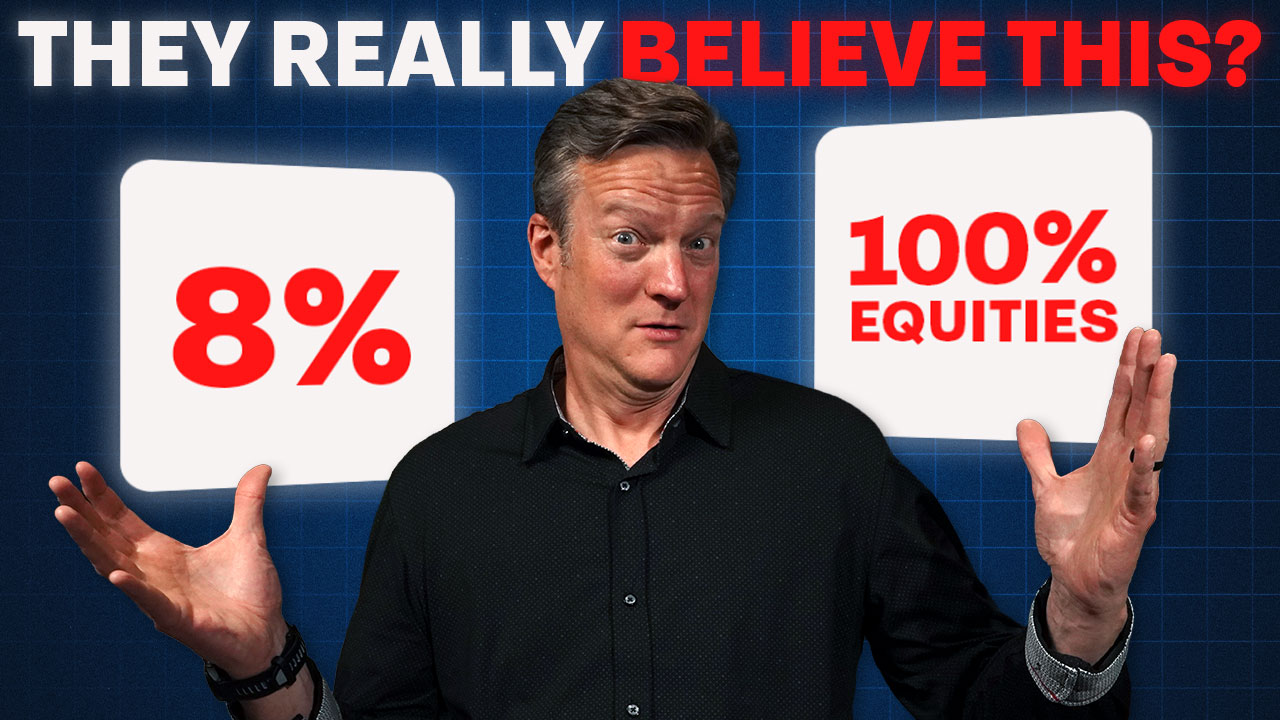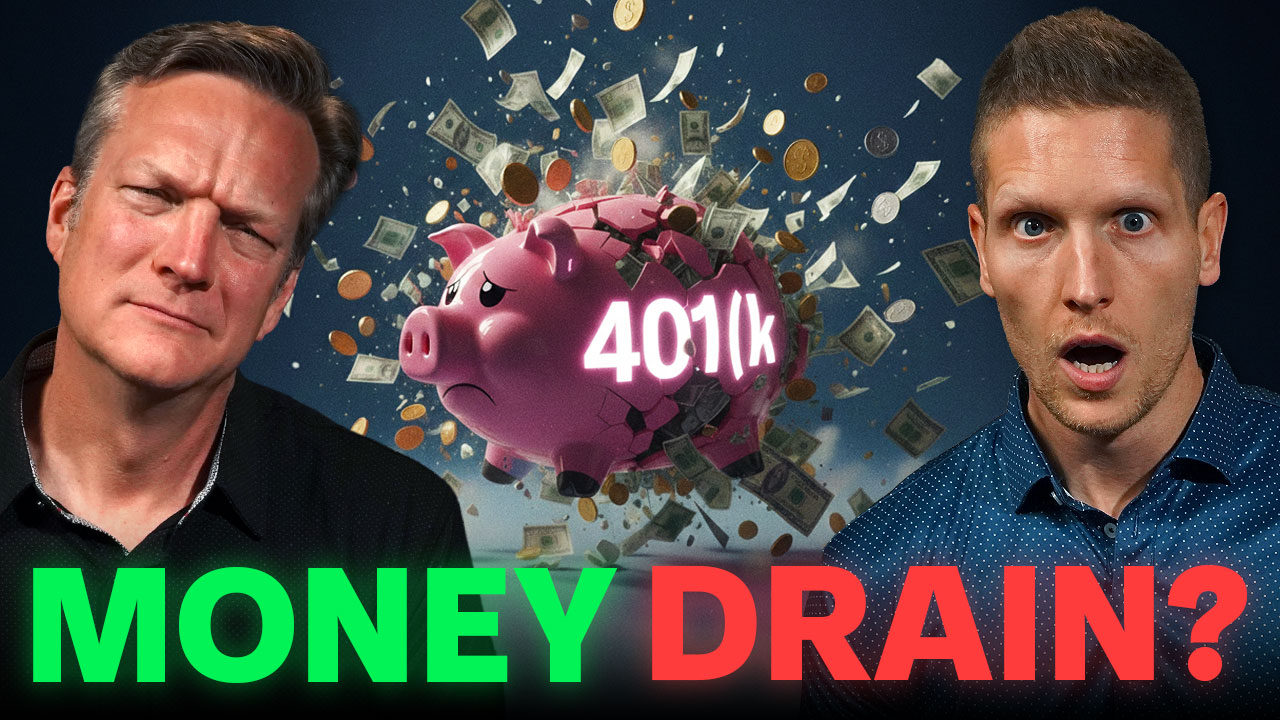Aside from meme stocks, financial headlines of the last two years have been dominated by cryptocurrencies and NFTs (non-fungible tokens, which you can read more about here). Despite the prevalence of crypto in the news, many Americans are hesitant to dip their toes in the water; just 16% say they have ever invested in, traded, or used a cryptocurrency. This pales in comparison to the 56% of the population that owns stocks. Crypto is also heavily concentrated in the hands of the few. 95% of the bitcoin supply is owned by just 2% of accounts, and the top 0.01% of bitcoin holders control 27% of the supply.
Whether you believe cryptocurrency is a good investment or not, there is room for growth. Crypto is still in the process of being integrated into mainstream society; more websites and merchants accept crypto as a form of payment, more financial institutions will custody crypto, and more celebrities and wealthy Americans are investing in cryptocurrency. The SEC has yet to approve an ETF directly tied to cryptocurrency, and transaction fees are extraordinarily high when compared to fees to invest in index funds. As crypto evolves, which could mean adoption becomes more widespread, investing in it is easier, and fees come down, there could be a lot of room for growth. Does this make cryptocurrency a good investment?
Should I invest in crypto?
If you are going to consider investing in crypto, you should at least have a basic understanding of what it is and what it aims to do. FOMO, or a fear of missing out, is often used as a weapon to push people into investing in crypto that really have no idea what they are getting themselves into.
Crypto is an asset class in the sense that there are a large number of options out there, and they aren’t all created equal. It is also not an asset that produces anything of value; your coins (not including security tokens; more on those later) aren’t shares in a company that has employees and produces something. An investment in a stock has value because you own a share of a company that is making a product or providing a service and making money (or conceivably will make money in the future). An investment in crypto is more like a collectible; there is no way to conduct fundamental analysis to determine if a cryptocurrency is overvalued or undervalued, and it is worth whatever someone will pay for it.
Cryptocurrencies fall into one of two basic categories. There are security tokens and utility tokens. Security tokens are not really cryptocurrencies, but a crypto asset. These tokens can be thought of as essentially shares in the issuer of the security token. Security tokens are not very popular because they are regulated more like securities and must be approved by the SEC before being offered to non-accredited investors or sold on a secondary exchange.
The vast majority of cryptocurrencies are considered “utility tokens,” but not all are created equal. Some cryptocurrencies aim to do some really cool things. Internet Computer is a utility token “that allows users to participate in and govern the Internet Computer blockchain network. The network aims to help developers create websites, enterprise IT systems, internet services, and DeFi applications by ‘installing their code directly on the public Internet.’” Ethereum supports smart contracts and decentralized applications, or dApps. Most NFTs are part of the Ethereum blockchain. Bitcoin, which was the first and is certainly the most well-known cryptocurrency, has a maximum number that can be issued of 21 million and is looked at as a type of digital gold.
Not all cryptocurrencies have utility or are very limited in supply. Many are unashamedly built solely on hype and Discord channels, using the greater fool theory to their advantage. They are essentially pyramid schemes. Those that create the cryptocurrency recruit others to buy, which inflates the price, and they recruit more people, and those investors recruit more, and the cycle continues until there are no potential buyers left.
In the cryptocurrency world, it can be difficult to separate those who truly believe in the future of the technology and utility of the blockchain from those who are just looking to get rich quickly. There are cryptocurrencies that aim to change the internet and the world, and some may succeed and make early investors very wealthy. Which cryptocurrencies will succeed and which will fail is anyone’s guess; the most successful may not have been created yet. There are exciting things happening in the crypto space, but there are many obstacles to be aware of before you consider investing.
Concerns about cryptocurrency as an investment
There are valid concerns about cryptocurrency as an investment, and for many it remains a speculative gamble rather than a significant portion of a diversified portfolio. Most cryptocurrencies are extremely volatile. Every single day (and literally every single day, because crypto markets are open 24/7/365), bitcoin averages a greater than 3% swing either up or down. Every single day! Some days it is less volatile and some days more, but the average swing is greater than 3% per day. For comparison, the S&P 500 did not have one single day in 2021 with a greater than 3% swing, measured from open to close, and only a handful of days where the index moved more than 2% in either direction. Investing in cryptocurrency is not for the faint of heart.
For many that look at cryptocurrency as a new digital gold, protection from inflation is a very important feature. Last year, inflation began accelerating in April and reached 5% in May. Bitcoin reached an all-time high of $63,729 on April 3rd, 2021, and sits at $37,031 as of January 26th, 2022, down over 40%. Over that same period of time, inflation has been running around 5% to 6% or higher. Those that invested in crypto last year to hedge against inflation might be very disappointed in their results so far.
Future regulation could be in the cards for the crypto space. China has completely banned crypto-related activities, and the U.S. is signaling a desire to at least rein in some of the more seedy parts of the industry. In addition to being regulators, countries might become competitors and start issuing their own digital currencies. The future of certain cryptocurrencies could be bright, but it is difficult (if not impossible) to predict which will become successful (or even if they’ve been created yet). For now, crypto remains a speculative investment that, along with other speculative investments and individual securities, should comprise no more than 5% of your investable portfolio.
A brief history lesson
The more things change, the more they stay the same. Speculative investments and distractions from building wealth might come and go, but there will always be speculative investments and distractions from building wealth. This time may feel different, but it always does. Throughout our history, not just as a country but as a society, we’ve experienced bubbles, frenzies, FOMO, crashes, depressions, and everything in-between. All of the madness serves little more purpose than a distraction to your wealth-building journey.
The following is from a 1918 broadside, designed as a lesson for school teachers to give their pupils.
Is it not wonderful how interest works? If one saves money and invests it, the interest keeps working away day and night, holidays as well as work-days. Suppose that, on the day he is twelve years of age, a boy resolves to earn money and save twenty-five cents every week of the year. If he keeps this resolution he will have saved $117.25 by the time he is twenty-one years old.
But saving is not all! If he invests this money, as he saves it, in War-Savings Stamps, he will have $144.11 when he reaches his majority. That is, his money will have earned $26.86 interest! Just think of that! The interest is nearly one-fourth of the money he saved! He gets in interest as much as he would save in 107 weeks – nearly two years!† For all this money he did no work – interest did the work. Now, twenty-five cents a week is not too much for a healthy, energetic, industrious, earnest boy to save – when he is sixteen, seventeen, or eighteen years old it is very small – but see what even that small sum amounts to! Also, it is easy to spend twenty-five cents a week thoughtlessly and foolishly. Don’t do it. Save and invest. Think what a difference it makes at twenty-one years of age!
Of course, saving is not miserly hoarding. One must not be “stingy”. No one can live a joyous, useful, prosperous life who does not give to good causes, who is not willing to help the needy. […] But it isn’t luck and it isn’t chance – it is hard work, careful saving, and wise investing. These make the difference.
School children were taught this lesson over 100 years ago. Much has changed since then; War-Savings Stamps might not be the best investment. It is even easier to spend twenty-five cents a week thoughtlessly and foolishly. But it is incredible (and unsurprising) how the ingredients to wealth creation remain unchanged today. All it takes is the discipline to invest, money, and time. These ingredients to wealth creation aren’t going anywhere anytime soon. Speculative investments look like shortcuts to building wealth, but could devastate your portfolio if you aren’t careful. Anyone can be rich if they are a consistent, disciplined investor that lets their money grow for decades.
†107 weeks is actually a little over two years, not nearly two years. Please forgive the original author of this lesson for their egregious error.











